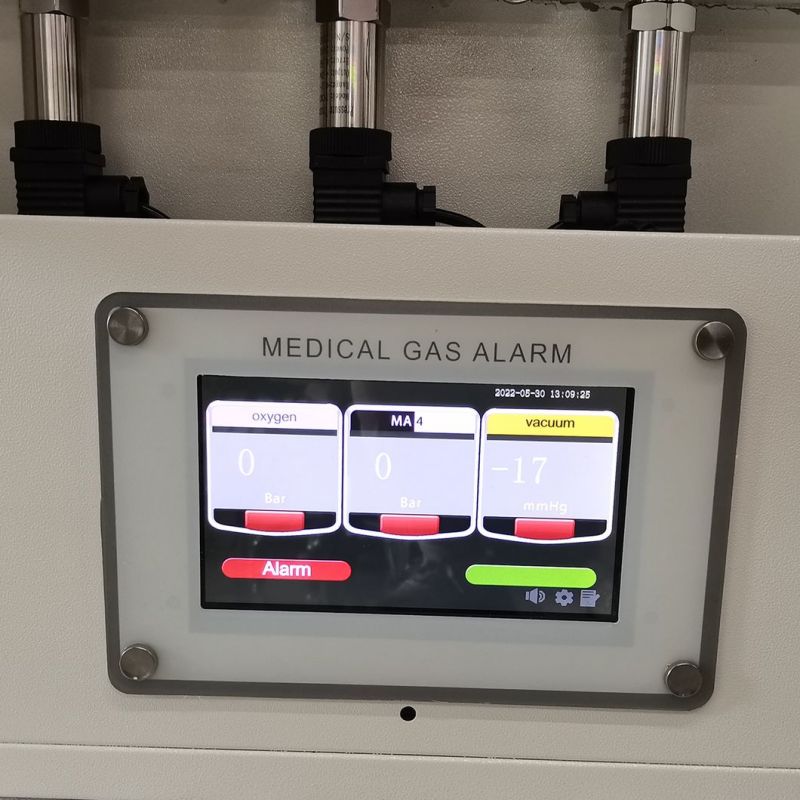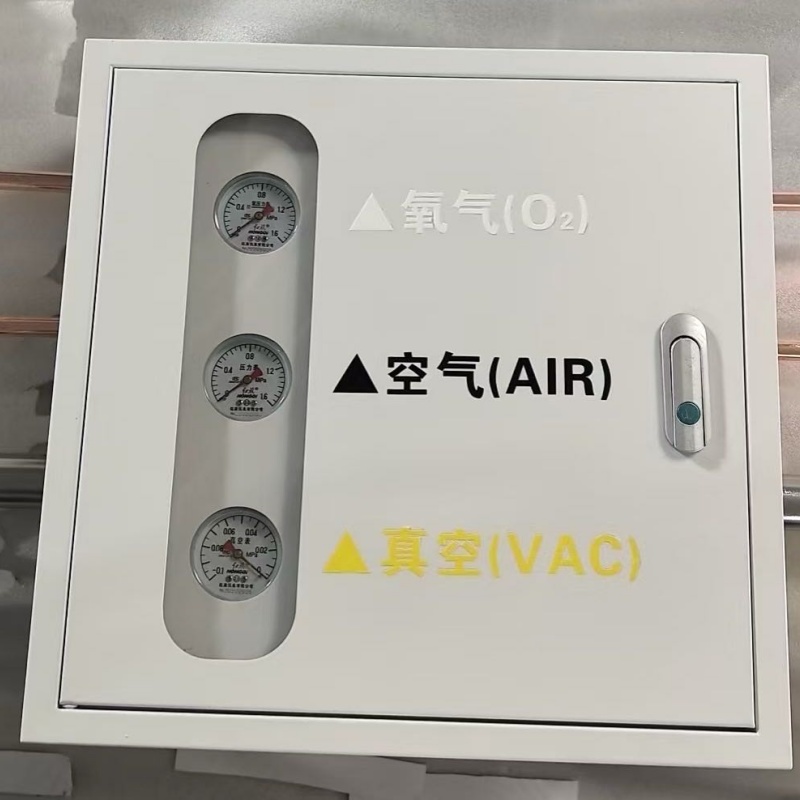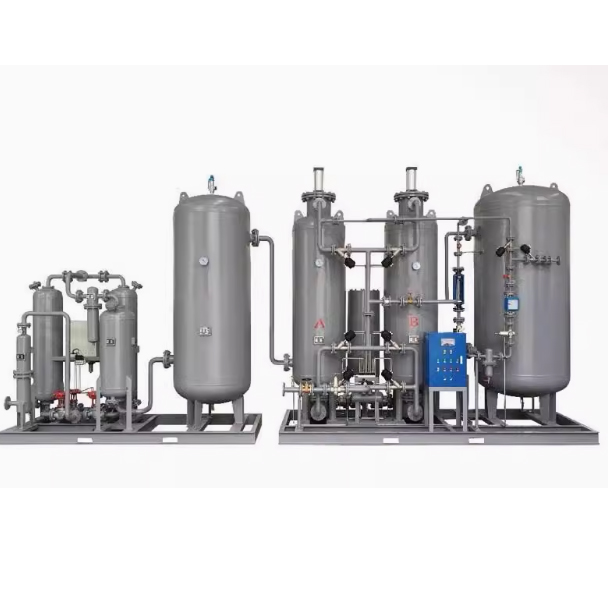Steps to Take if a Medical Gas Alarm Sounds
Acknowledge the alarm and evaluate the situation
Immediately stop using relevant medical gas equipment (such as ventilators, anesthesia machines) and check for obvious leaks or signs of equipment failure.
Start emergency ventilation
Open doors and windows to enhance ventilation, reduce gas concentration (suitable for non-flammable gas leakage scenarios), and avoid fire sources or electric sparks.
Evacuate affected areas
Guide patients and medical staff to evacuate to safe areas and give priority to transferring patients who rely on medical gas to maintain life.
Notify professionals to deal with it
Contact the hospital engineering department or the medical gas system maintenance team and do not repair or look for the source of leakage by yourself.
Follow security protocols
If flammable/toxic gases are involved, close the main valve (such as training operating procedures) to avoid triggering other equipment (such as lighting, electronic equipment).
Wait for system recovery
Return to affected areas or restart the device before professionals confirm safety.
Key considerations
Medical gas systems (such as oxygen) may aid combustion and must be strictly prevented from open flames or static electricity.
Regularly participate in emergency drills and be familiar with the hospital’s gas alarm response process and evacuation route.



